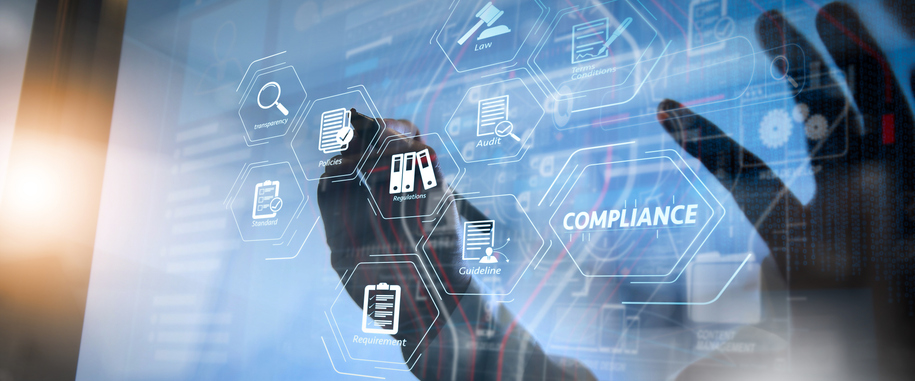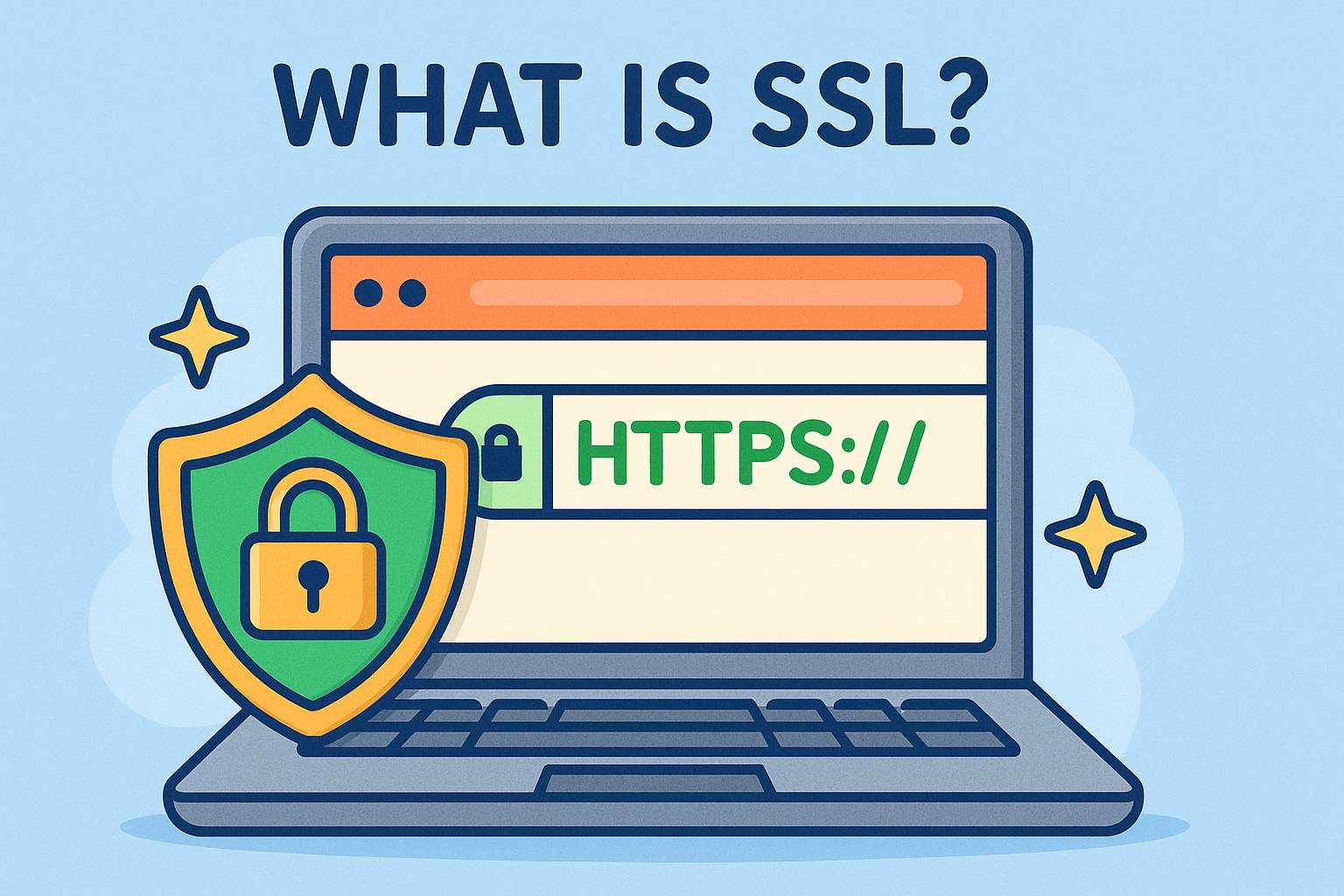Companies Grapple with Expanding Cyber Rules: Navigating the New Compliance Landscape
Updated on August 31, 2024, by Xcitium

As cyber threats continue to rise in both frequency and sophistication, governments and regulatory bodies around the world are responding with increasingly stringent cybersecurity regulations. Companies are now facing a complex and expanding landscape of cyber rules, and the challenges of staying compliant are greater than ever. For businesses, this new reality underscores the critical need for robust cybersecurity practices and a proactive approach to compliance.

The Growing Complexity of Cyber Regulations
Cyber regulations are evolving rapidly, driven by the need to protect sensitive data and critical infrastructure from the growing threat of cyberattacks. In recent years, we’ve seen the introduction of regulations such as the General Data Protection Regulation (GDPR) in Europe, the California Consumer Privacy Act (CCPA) in the United States, and the Cybersecurity Maturity Model Certification (CMMC) for defense contractors. These regulations, along with others at the national and international levels, impose strict requirements on how companies must manage and protect data.
For many companies, especially those operating in multiple jurisdictions, the challenge lies in navigating this patchwork of regulations. Each regulation may have its own set of requirements, including data encryption, breach notification protocols, and third-party risk management. Compliance with these regulations is not just a legal obligation but a critical component of a company’s overall cybersecurity strategy.
The Risks of Non-Compliance
The consequences of non-compliance with cyber regulations can be severe. Companies that fail to meet regulatory requirements may face significant fines, legal action, and reputational damage. For example, under the GDPR, companies can be fined up to 4% of their annual global turnover for serious breaches. Similarly, non-compliance with CCPA can result in fines of up to $7,500 per violation.
Beyond financial penalties, non-compliance can also lead to a loss of customer trust. In today’s digital economy, consumers are increasingly aware of their privacy rights and expect companies to protect their personal information. A breach of this trust, whether through a data breach or failure to comply with privacy regulations, can have long-lasting repercussions for a company’s reputation and bottom line.
Adapting to the New Compliance Landscape
Given the expanding scope of cyber regulations, companies must take a proactive approach to compliance. This involves not only understanding the specific requirements of each regulation but also implementing the necessary controls and processes to meet those requirements.
One of the most effective ways to achieve compliance is by adopting a Zero Trust security model. Zero Trust operates on the principle that no entity—whether inside or outside the network—should be trusted by default. Instead, every access request is verified, and strict access controls are enforced. This approach aligns well with many regulatory requirements, which often emphasize the importance of access control, data protection, and continuous monitoring.
In addition to implementing Zero Trust, companies should invest in regular compliance audits and assessments. These audits can help identify gaps in existing security measures and ensure that the organization is meeting all regulatory requirements. Moreover, staying informed about changes in the regulatory landscape is crucial. Cyber regulations are constantly evolving, and companies must be prepared to adapt their strategies accordingly.
The Role of Automation and Technology
Automation and advanced technology can play a significant role in helping companies manage the complexity of cyber compliance. For example, automated compliance management tools can streamline the process of tracking regulatory requirements, conducting audits, and generating compliance reports. These tools can also help companies stay ahead of new regulations by providing real-time updates and alerts.
Moreover, technologies such as artificial intelligence (AI) and machine learning can enhance a company’s ability to detect and respond to cyber threats, further supporting compliance efforts. By leveraging these technologies, companies can improve their security posture and reduce the risk of non-compliance.
What Makes Xcitium Stand Out
Xcitium is a leader in providing comprehensive cybersecurity solutions that not only enhance security but also support compliance with expanding cyber regulations. Xcitium’s ZeroDwell Containment technology is designed to neutralize threats in real-time, ensuring that potential breaches are contained and eliminated before they can cause harm. This proactive approach to threat management is essential for meeting the strict requirements of modern cyber regulations.
Xcitium’s platform is built on the principles of Zero Trust, making it an ideal solution for companies looking to align their security practices with regulatory expectations. With Xcitium, organizations can enforce strict access controls, continuously monitor network activity, and ensure that all access requests are authenticated and authorized. This level of security is crucial for achieving compliance with regulations that emphasize data protection and breach prevention.
Additionally, Xcitium offers tools and resources to help companies navigate the complex landscape of cyber regulations. From compliance audits to real-time monitoring, Xcitium provides the support needed to ensure that organizations remain compliant with the latest regulatory requirements. By partnering with Xcitium, companies can confidently navigate the expanding cyber rules and protect their digital assets in an increasingly regulated world.
Conclusion: Navigating the Future of Cyber Compliance
As cyber regulations continue to expand, companies must adapt proactively to the new compliance landscape. The risks of non-compliance are too great to ignore, and the consequences can be devastating. By adopting a Zero Trust approach, investing in automation and technology, and partnering with leaders like s like Xcitium, companies can achieve compliance and enhance their overall cybersecurity posture.
The future of cyber compliance is challenging, but with the right strategies and tools in place, companies can navigate this complex landscape and protect their most valuable assets. It’s time to embrace the future of cybersecurity with a focus on compliance, innovation, and proactive defense.














